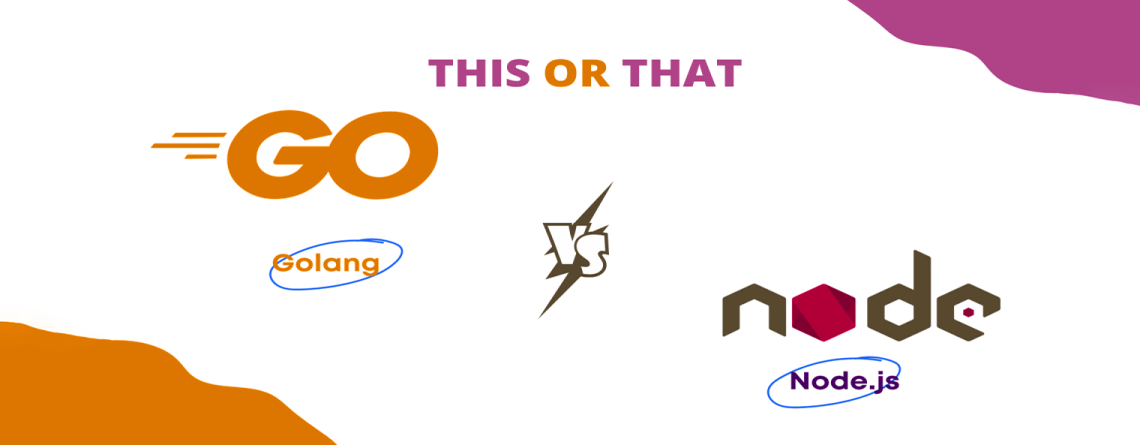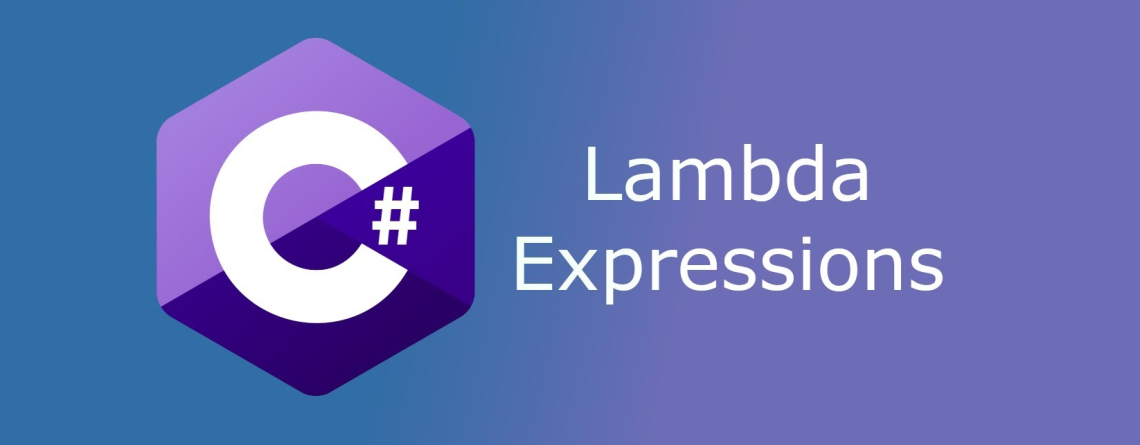Node.js vs Go: Decoding the Best Backend Language for Your Project
Table of ContentsIntroduction1. Introduction to Node.jsBrief History and Overview of Node.jsKey Characteristics of Node.jsIntroduction to Go and Its OriginsKey Characteristics of Go (Golang)2. Performance Benchmarking: Unveiling the Speed and Efficiency of Node.js and Go3. Concurrency and Parallelism: Navigating the Threads of Node.js and the Goroutines of Go4. Ecosystem and Libraries: Navigating the Expansive Terrain...



